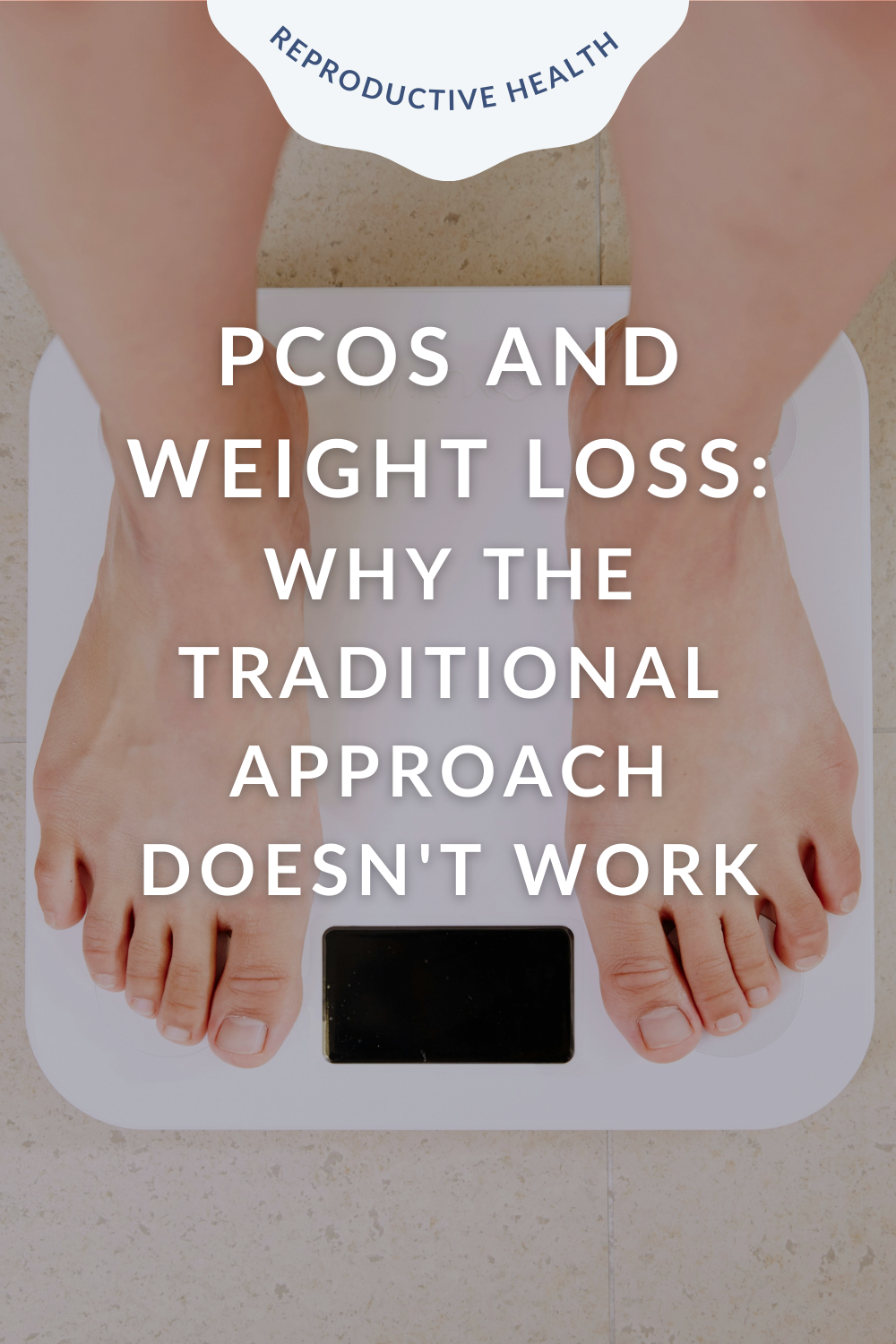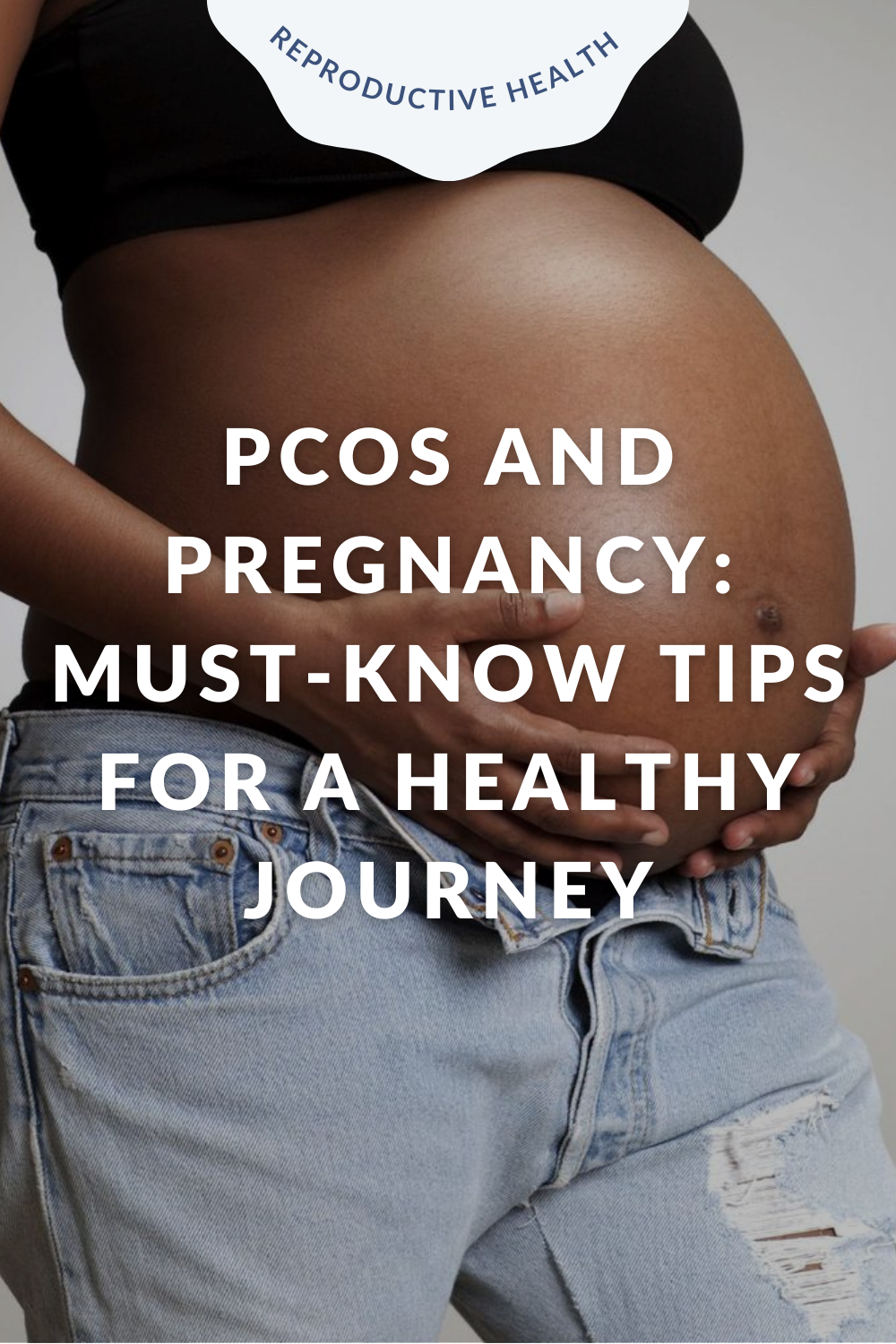Gut Health: A Buzzword or Cure? (+ How to Optimize your Digestion)
What comes to mind when you think of the word “gut?”
Bloating? Poop? Gluten-free? Kombucha?
Whatever your association may be - it’s clear that the concept of “gut health” has growing public interest, and is a term worth examining more closely.
What is the “gut,” exactly?
Let’s set the tone with a crash course on anatomy.
The “gut” refers to the gastrointestinal (GI) tract that food passes through. It starts in the mouth and extends down to the anus. In the meantime, it passes the esophagus, stomach, small and large intestines. Envision it like a loooooong tube.
Trillions of bacteria live on our digestive tracts. As a collective, this bacteria is known as the gut microbiome!
Research increasingly shows that the gut microbiome strongly influences physical and mental health. Namely, it helps to:
Digest and absorb nutrients and fluids
Regulate sex, thyroid and appetite hormones
Fight off virus and infection
And much, much, more. Likely due to a combination of the above functions, research suggests that gut dysbiosis, which basically means you have an imbalance of “bad” and “good” bacteria, plays a role in the development of complex metabolic diseases like metabolic syndrome, PCOS, diabetes, heart disease, endometriosis and more!
Types of Digestive Disorders
Digestive disorders range widely, from mild to severe.
“Structural gut disorders” involve abnormalities in the GI tract and require medical intervention (then, nutrition support). This includes Irritable Bowel Disease (Crohn’s and Ulcerative Colitis), diverticulitis and colon cancer.
This is distinct from “functional gut disorders,"” which are characterized by symptoms, and can often be treated with diet and lifestyle (enter - Registered Dietitians!). Functional gut disorders are commonly associated with gut dysbiosis. It includes:
Irritable Bowel Syndrome (bloating, pain, cramping, gas, changes in bowel habits)
Gastroparesis (delayed stomach emptying)
Dysphagia (swallowing difficulty)
Dyspepsia (indigestion)
GERD, acid reflux and heartburn
So…is the popular expression “support your gut health” legit?
In short, yes.
But - and I can’t drive this point home more - the term “gut health” is a very, very broad concept!
Plus, our body systems do not work in silos. There’s the gastrointestinal, cardiovascular, nervous, respiratory system…and much more. Think of these systems as an orchestra - each playing a specific role, yet they’re interconnected to produce a beautiful, strong symphony (your body).
Although the gut is very important, I’m cautious about tossing around the phrase “improve your gut health” as a band-aid, fix-all solution. Because our bodies are more than the sum of its parts, and the effectiveness of all systems interacting with each other is much greater than gut health in working overtime, in isolation.
Gut Health’s Relationship with Hormonal and Mental Health
I’m sure you’ve been told to “trust your gut.” A term that’s been around for…millennia? There’s merit to this. Our digestive tract is closely linked to mental wellbeing - in fact, 95% of serotonin, aka the “feel-good hormone,” is produced in the intestines. It’s hypothesized that gut dysbiosis can increase risk for mood disorders, and present a challenge in its management.
Our gut is also in constant communication with our the brain through the vagus nerve - which explains why “supporting your vagus nerve” and gut-directed hypnotherapy is increasingly popular for Irritable Bowel Syndrome (IBS) sufferers.
Estrogen, a female sex hormone, is heavily regulated through the gut microbiome - an important factor to consider for people with estrogen-dominant conditions like endometriosis.
Speaking of which, IBS often co-exists with endometriosis, doubling up on the need to address gut health as part of the nutrition care plan!
What about other hormonal conditions, like Polycystic Ovary Syndrome (PCOS)? Some pretty cool research is suggesting higher levels of Bacteroides vulgatus is found in bodies with PCOS, which is associated with reduced ovarian function and increased blood insulin levels. Two common features of this syndrome.
As we always come back to - the body does not work in silos. By addressing hormonal health through targeting gut health, you may find improvements in mental wellbeing. And vice versa. Think of health benefits as a domino effect - you just have to get the momentum going.
3 Steps to Improve Your Gut Health
Improving your “gut health” can mean many, many things. Nutrition interventions for your gut should be highly personalized - our team of Registered Dietitians can conduct a thorough assessment of your medical condition, symptoms, blood work, allergies/intolerances, medication/supplements, relationship with food, dietary habits, lifestyle…and develop a personalized care plan that suits you.
Dietary therapies like modifying fibre intake, meal time environments and pattern, potential exclusion diets, healthy eating modifications and more are taken into account! Plus, we equip you with a diverse toolbox of lifestyle resources.
In the meantime, there are more generalized guidelines that you can start following today to work towards better gut health and overall wellbeing.
Increase food diversity, particularly plant foods. The irony of experiencing functional gut disorders is the first piece of advice you’ll likely get is to eliminate foods - this can backfire and “starve out” the good bacteria in your gut. One of the best ways to grow bacterial diversity is to introduce various fibres into your diet. Think legumes, nuts and seeds, whole grains, fruits and vegetables. These Black Bean Stuffed Sweet Potatoes are the perfect example.
Do an audit of your eating environment. Think back to the vagus nerve - our gut and brain are connected. Eat in a calming, soothing environment when possible. This can stimulate the parasympathetic nervous system, the “rest and digest” state. Click here for more tips on mindful eating.
Eat more bacteria! You heard me right. I’m talking about probiotic-containing foods. Some ways I personally enjoy them:
Miso. Add 1-2 tbsp of miso paste in hot water to sip on as a warming beverage
Tempeh. Pro tip: simmer in boiling water for 5 minutes to remove the “funky feet flavour”
Kim chi - add to bowls, side of meals, or cook into omelette or tofu scrambles
Kombucha.
Kefir and yogurt
Below are some examples of gut-friendly, plant-based meals:
Hi! I’m Trista
A Registered Dietitian and reproductive health expert. I’m here to help you gain confidence to overcome your Polycystic Ovary Syndrome and digestive health woes, while bettering your relationship with food.
CATEGORIES
The Takeaway
The gut refers to the gastrointestinal tract, a long tube that starts in the mouth and ends in the anus. The tube hosts trillions of bacteria.
Research suggests that gut dysbiosis, an imbalance of good and bad bacteria in the gut, is linked to a whole host of diseases - including metabolic syndrome, PCOS, endometriosis, diabetes and more. Oftentimes, these overlap with functional gut disorders like IBS.
It’s important to remember our bodies don’t work in silos. To support your gut health and overall wellbeing, focus on more plant foods, mindful eating, and enjoy more probiotic foods.
Until next time,
Trista Chan RD MHSc
The Good Life Dietitian
Want to target your gut health and live symptom-free?
Work with our team of Registered Dietitians in our 1-on-1 Nutrition Coaching Programs to receive personalized nutrition guidance to find digestive relief and optimize your gut health. This includes 1-on-1 sessions, personalized meal plans, food/symptom journalling and unlimited messaging support to create lasting change!
Or if you want to start smaller, check out these Meal Plans designed to provide delicious, gut-health supporting recipes that are based on balance, not restriction.
References
https://www.ncbi.nlm.nih.gov/pmc/articles/PMC4425030/
https://www.ncbi.nlm.nih.gov/pmc/articles/PMC5641835/ https://pubmed.ncbi.nlm.nih.gov/31513473/ https://www.ncbi.nlm.nih.gov/pmc/articles/PMC5207627/
https://www.ncbi.nlm.nih.gov/pmc/articles/PMC7376369/ https://pubmed.ncbi.nlm.nih.gov/31256251/#https://www.frontiersin.org/articles/10.3389/fpsyt.2018.00044/full
https://www.ncbi.nlm.nih.gov/pmc/articles/PMC6477058/
https://www.ncbi.nlm.nih.gov/pmc/articles/PMC5526216/#:~:text=Serotonin%20(5%2Dhydroxytryptamine%3B%205,%2C%20paracrine%2C%20and%20endocrine%20actions.

















